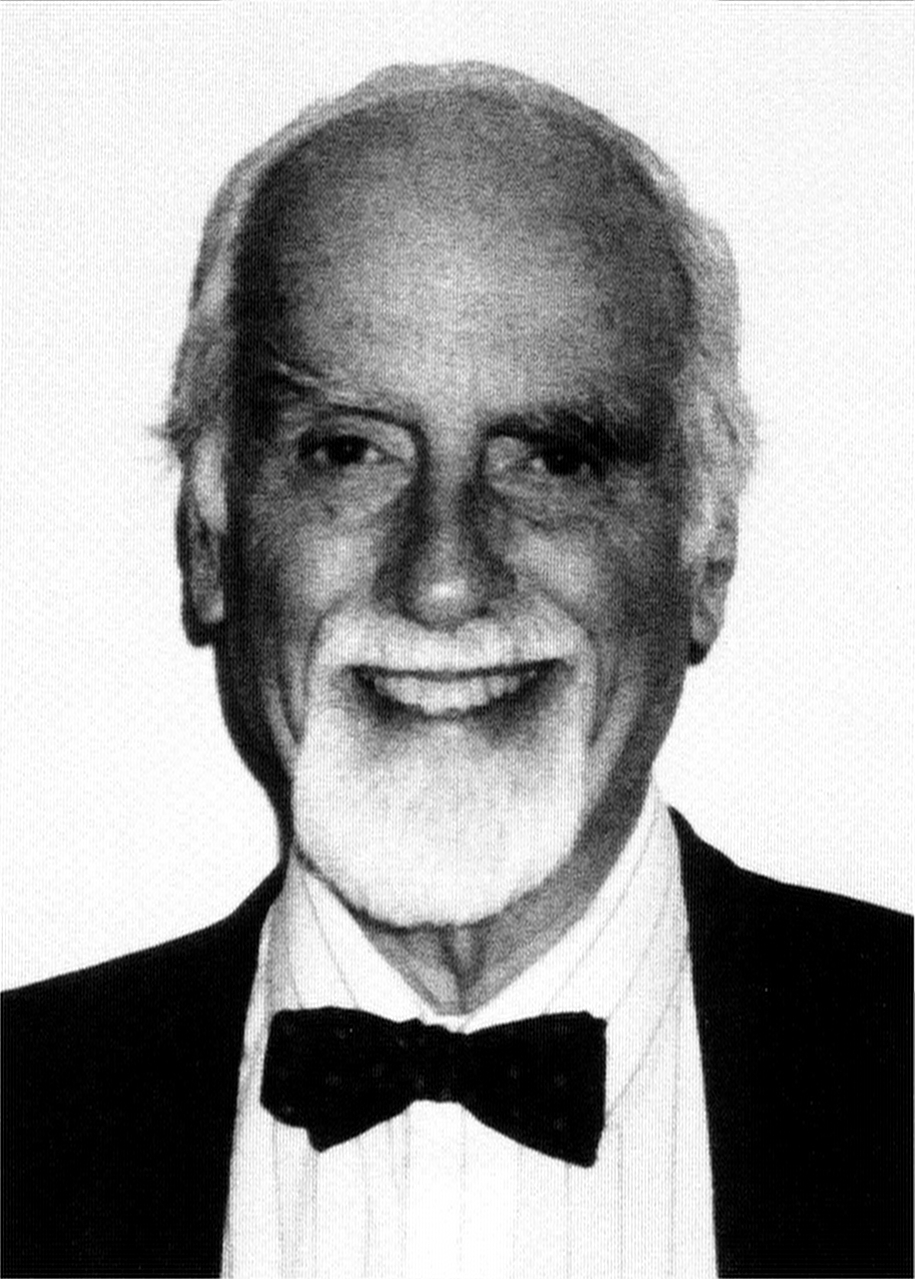David C. McClelland (1978). "Managing motivation to expand human freedom". American Psychologist. 33 (3): 201
Famous David C. McClelland Quotes
1957, p. 119
Source: The Archiving Society, 1961, p. 11
David C. McClelland (1998) in: Katherine Adams, "Interview by David C. McClelland , in Competency, vol. 4 no.3, Spring 1997, pp.18–23; Republished in orientamento.it http://www.orientamento.it/indice/interview-with-mcclelland/, 19/11/2015
Book abstract
The Archiving Society, 1961
Source: The Archiving Society, 1961, p. 417
Source: The Archiving Society, 1961, p. 40; As cited in: Kevin Hindle, Kim Klyver (2011), Handbook of Research on New Venture Creation, p. 74-75
David C. McClelland Quotes about people
Source: The Archiving Society, 1961, p. 104-5
David C. McClelland in: Robert A. Portnoy (1986), Leadership: what every leader should know about people. p. 16
David C. McClelland (1998) in: Katherine Adams, "Interview by David C. McClelland , in Competency, vol. 4 no.3, Spring 1997, pp.18–23; Republished in orientamento.it http://www.orientamento.it/indice/interview-with-mcclelland/, 19/11/2015
Source: The Archiving Society, 1961, p. 1; lead paragraph, about the problem
David C. McClelland Quotes
“The entrepreneurial role appears to call for decision-making under uncertainty.”
Source: The Archiving Society, 1961, p. 210
Source: The Archiving Society, 1961, p. ix
Source: The Archiving Society, 1961, p. 1
Source: The Archiving Society, 1961, p. 104-5
Source: The Archiving Society, 1961, p. 210
